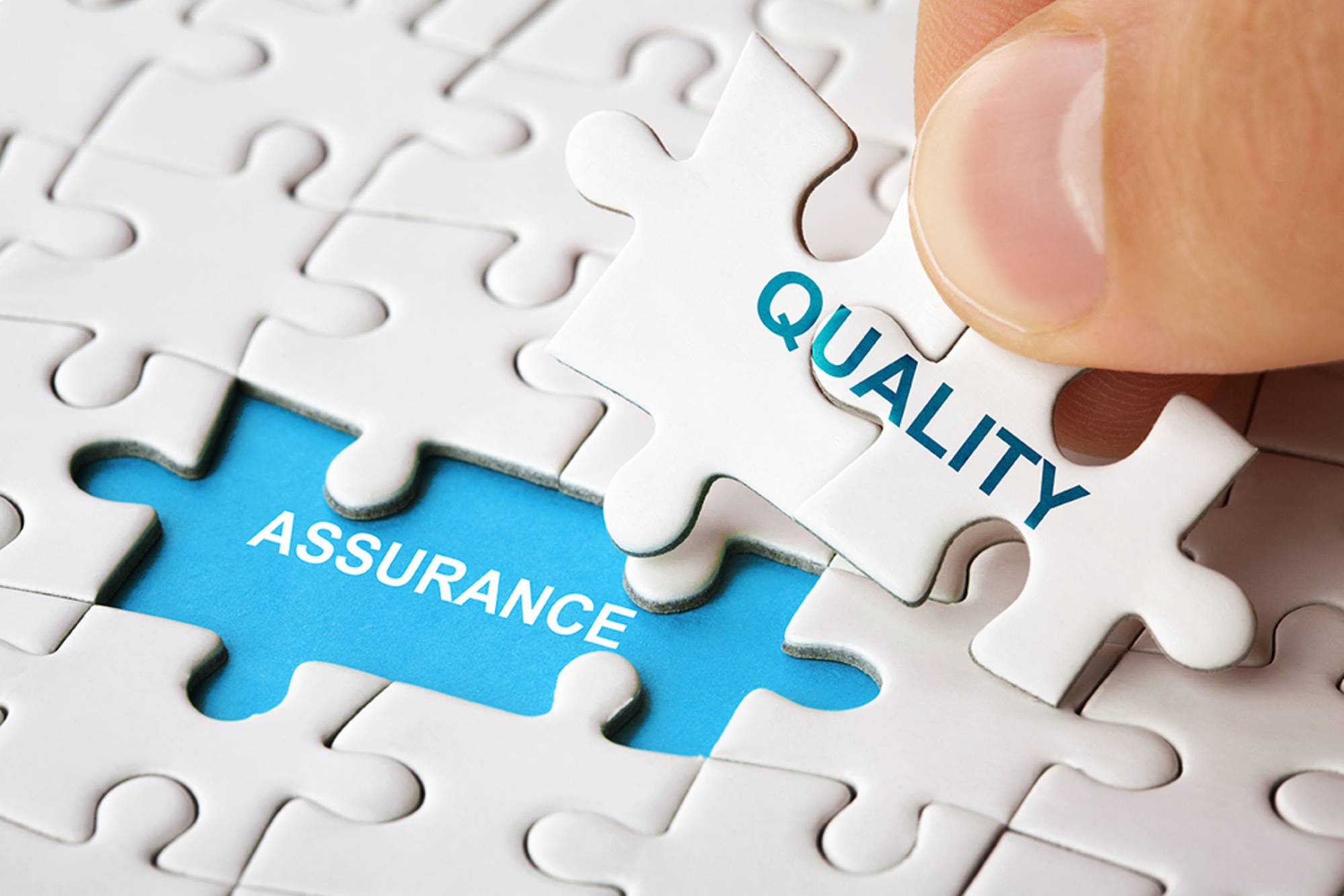The importance of Quality Assurance in the pharmaceutical sector
What is Quality Assurance?
Quality assurance is a system that aims to define the standards of a process and improve its efficiency and benefits, in order to guarantee the requirements of a product as set by the company. This is aimed at preventing product defects before they are detected.
This assessment is performed by a QA Specialist, who checks that the company’s products and processes comply with the standards laid down by the various international regulatory bodies, such as Swissmedic, Aifa, Ema, Fda, etc.
The QA Specialist carries out inspections, acts as an interlocutor with institutions, and is the person who follows up on the audits requested by customers and those carried out by independent third parties at the request of the company itself.
What are the areas of evaluation of the Quality Assurance system?
The Quality Assurance system is therefore based on the control and monitoring of the individual steps in the production of the pharmaceutical product, namely:
- raw material procurement phase;
- The processing of the original material;
- The production steps;
- Packaging;
- Distribution.
The task of a QA specialist can be expressed in the assistance of their customers on a documentary or regulatory level, assistance to suppliers, carrying out statistical analyses and monitoring process yields, creating/updating QMS documentation in accordance with the corresponding regulations, and much more.

Inspections and audits in the pharmaceutical sector
Pharmaceutical companies are obliged to produce medicines that are suitable for their intended and labelled use, and therefore meet the requirements for marketing authorisation. Companies in the sector are therefore subject to safety and quality standards so as not to put patients’ health at risk. These standards are expressed in Good Manufacturing Practice (GMP), GDP (Good Distribution Practices) and IsO
Through Inspections and Audits it is therefore possible to assess the compliance status of a company and to effectively verify and improve the Quality Management System. There are two types of Audit:
- Internal, to ascertain GMP compliance within the company organisation
- External audits for the selection, qualification and retention of a specific supplier of goods and/or services.
During an audit a number of important elements are checked:
- facilities: space, cleanliness, lighting, environmental conditions, temperature ranges, mapping, etc;
- equipment and its maintenance;
- Material: container identification, status, expiry date, storage, container integrity, flows, returns.
- Personnel and their training;
- Operation: registration, presence of equipment, verification of cleanliness, precautions to avoid mixing, correct behaviour, logical sequence of operations. (The precautions to be checked depend on the criticality of the operation).
- documentation: SOP and available documentation, expiry date, numbered copies, controlled distribution, precise and clear procedures, proper archiving, presence of unofficial instructions and unauthorised copies, data integrity, GMP quality (clear, legible, correct corrections, justification of corrections, double-checking).
Flarer is the ideal partner for Validation and Regulatory Support
Flarer follows the validation process of a new supplier at the customer’s premises, offering all its expertise acquired over time.
Within Flarer, there are figures such as Quality Assurance, Regulatory Manager and Qualified Person, a complete team available to our customers for any eventuality, going to fill any gaps or problems in the quality or regulatory field.
